Britain & Ireland
The Tudors continue to fascinate and some of their story is told here along with the other dynasty of the period the Stuarts. Alongside those resources are the podcasts on the ideas that transformed British society during that period and created a United Kingdom for the first time. The industrial revolution is explored through poetry as well as technology. Religious collapse, change and diversity are all themes explored in this section. Read more
Sort by:
Date (Newest first) | Title A-Z
Show:
All |
Articles |
Podcasts |
Multipage Articles
-
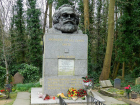
The burial dilemma
ArticleClick to view -

The changing convict experience: forced migration to Australia
ArticleClick to view -
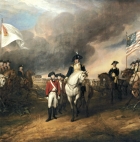
The effect of the loss of the American Colonies upon British Policy
ArticleClick to view -

The first trans-Atlantic hero? General James Wolfe and British North America
ArticleClick to view -

The history of bigamy
ArticleClick to view -
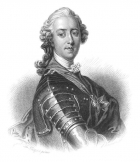
The myths about the 1745 Jacobite revolution
ArticleClick to view -
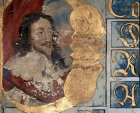
The nature of Charles I’s government
ArticleClick to view -

The ripple effect: reaching new readers
ArticleClick to view -

The role of Devon's militia during the Spanish Armada crisis
ArticleClick to view -

Thomas Muir and the 'Scottish Martyrs' of the 1790s
ArticleClick to view -

Thomas Paine
ArticleClick to view -

Travelling the Seventeenth-Century English Economy: Rediscovery of Celia Fiennes
ArticleClick to view -

Trewarthenick, Cornwall
ArticleClick to view -
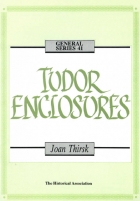
Tudor Enclosures
ArticleClick to view -
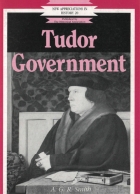
Tudor Government
ArticleClick to view -

Tudor queens: power, identity and gender
ArticleClick to view -
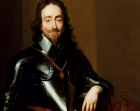
Update: Revisiting the Court of King Charles I
ArticleClick to view -

Virtual Branch Recording: The Fall of the English Republic
ArticleClick to view -
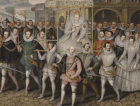
Virtual Branch Recording: The cultural world of Elizabethan England
ArticleClick to view -
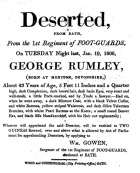
Wellington's Soldiers in the Napoleonic Wars
ArticleClick to view

